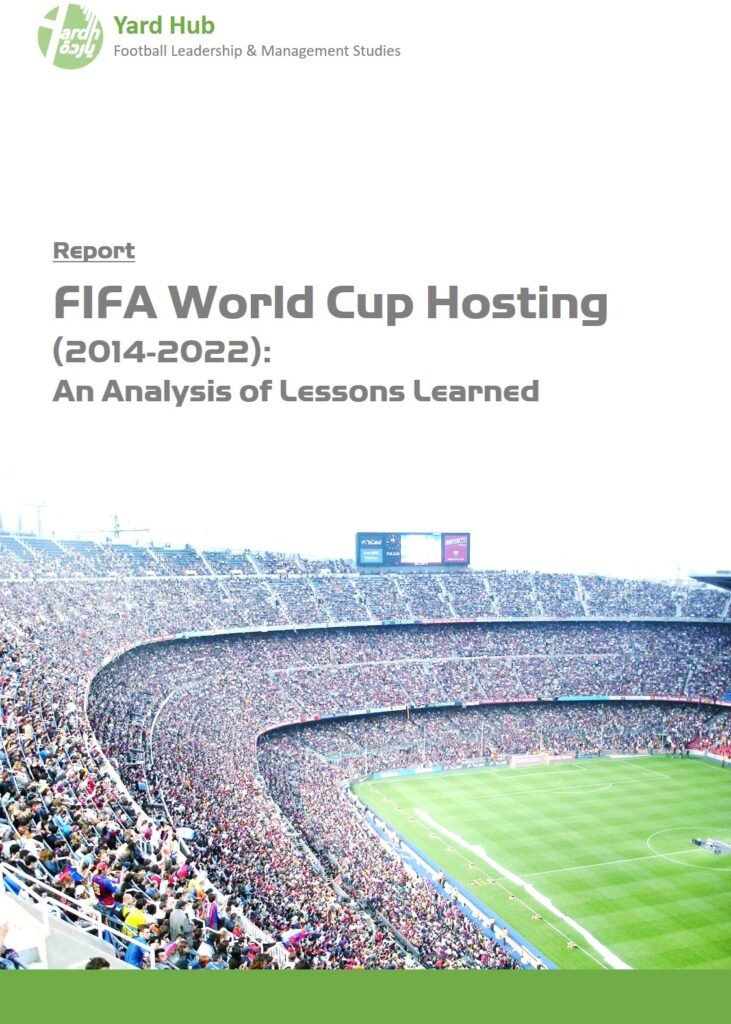This report analyzes the lessons learned from the FIFA World Cups held between 2014 and 2022, focusing on Brazil (2014), Russia (2018), and Qatar (2022). These events offer critical insights into the challenges and successes of hosting such large-scale tournaments, with implications for future World Cup hosts.
The FIFA World Cup provides host nations with significant opportunities to enhance their global profile, stimulate economic growth, and promote cultural exchange. However, managing these mega-events presents complex challenges, particularly in infrastructure development, governance, and social and environmental impacts.
Key Findings:
- Brazil 2014: Despite showcasing Brazil’s football culture, the event faced public dissatisfaction due to perceived mismanagement, particularly in the allocation of resources. The legacy was impacted by underutilized infrastructure and environmental concerns, such as deforestation.
- Russia 2018: Russia used the event to improve its global image and diplomatic standing. However, post-event concerns included the sustainability of infrastructure and human rights issues, particularly related to migrant workers.
- Qatar 2022: Qatar’s substantial investment in infrastructure, including air-conditioned stadiums, set new benchmarks. However, concerns about labor rights violations and the environmental cost of large-scale construction raised significant challenges for the tournament’s legacy.
Lessons Learned: Across the three case studies, key strengths included infrastructure investment, cultural promotion, and short-term economic benefits. Weaknesses included economic inefficiency, social unrest, and environmental degradation. Opportunities for future hosts include leveraging technology and enhancing global visibility, while threats include governance challenges and geopolitical tensions.
Recommendations: Future hosts should focus on sustainable infrastructure, transparent governance, labor rights, and environmental sustainability. Additionally, hosts should plan for post-event infrastructure use and prioritize long-term community benefits.
In conclusion, while hosting the World Cup offers substantial rewards, careful planning and long-term strategies are crucial to maximizing benefits and minimizing risks.


